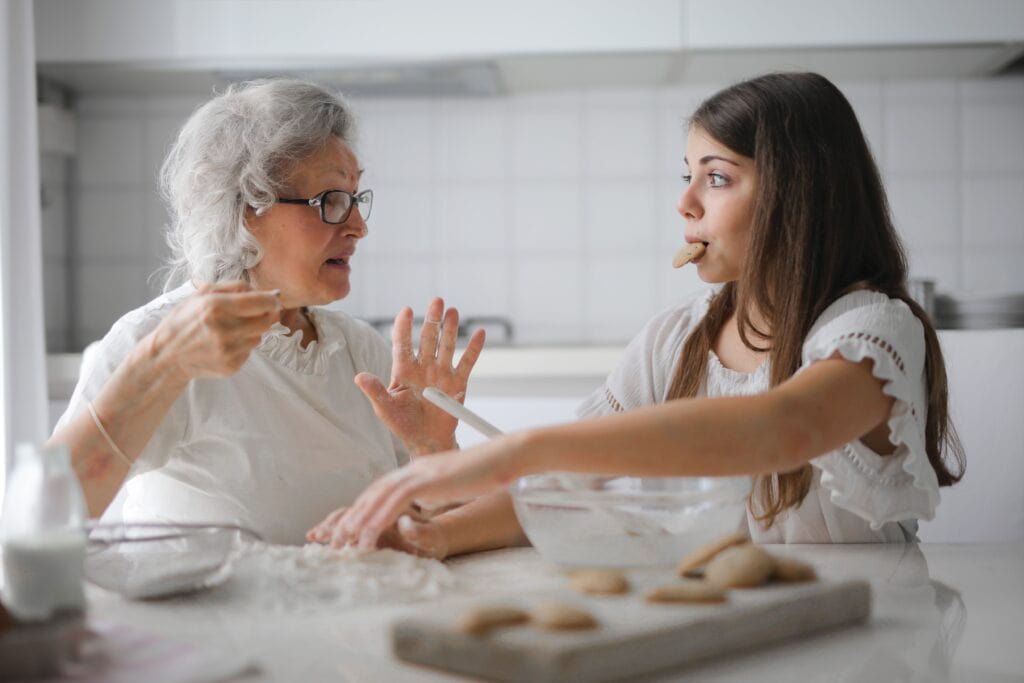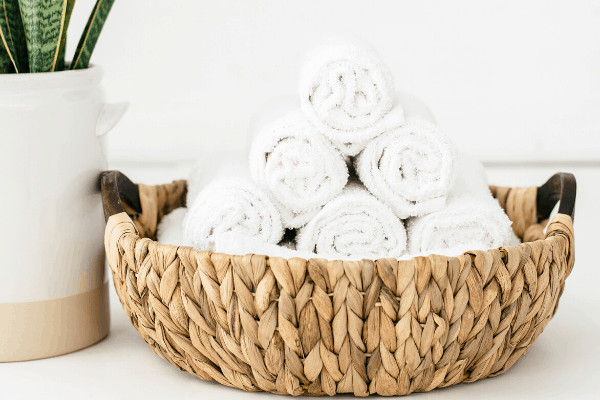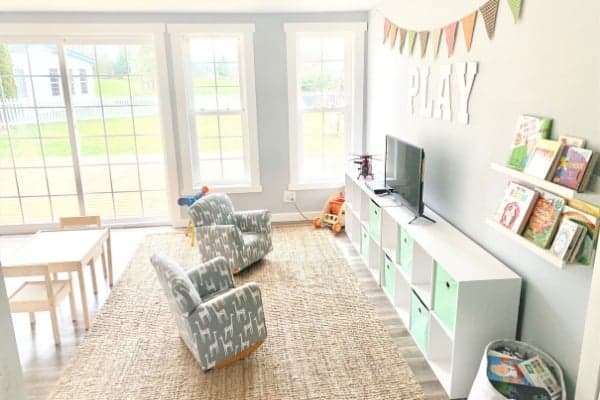Maintaining independence is a vital concern for many seniors as they age. With the correct approaches and assistance, seniors may live comfortably in their homes and maintain an excellent quality of life. One way to support independent living is to explore options such as home care in Florence Kentucky, which provides tailored assistance while allowing seniors to remain in their familiar environments. Seniors and their caregivers may work together to create a safe and encouraging environment by focusing on realistic adjustments and maximizing available resources.
This article offers advice and insights for elders and those caring for them to support their freedom and safety at home. A safe living space that supports autonomy can be created with careful planning and a few modifications. We aim to empower seniors to live fully and independently for as long as possible.
Home Safety Modifications
Ensuring the home environment is safe is critical for seniors who wish to stay independent. Minor adjustments, like installing grab bars in the toilet, improving the lighting, and lowering the danger of trips, may make a big difference. According to the Centers for Disease Control and Prevention, falls are a leading cause of injury among older adults, making these adjustments essential. These modifications can prevent accidents and provide peace of mind for seniors and their caregivers.
- To help with balance, install grab bars and handrails in restrooms and along stairwells
- To ensure visibility, improve lighting in all areas, particularly stairways and uneven surfaces.
- Remove clutter and secure loose rugs to prevent tripping hazards.
Health and Wellness for Seniors
Maintaining physical and emotional well-being is crucial for seniors. Maintaining an active mind, eating healthy food, and exercising frequently improve one’s capacity for independent living. Additionally, regular health check-ups are crucial. The National Institute on Aging offers excellent strategies for independent living that cover physical activities suitable for seniors.
Physical activities like walking, swimming, or even gentle yoga can strengthen muscles and improve balance. A diet high in fruits, vegetables, lean meats, and whole grains promotes overall health. Keeping the mind active through puzzles, reading, or learning a new skill can also benefit cognitive health. Regularly engaging in these activities can help prevent the onset of conditions like dementia and Alzheimer’s, enhancing quality of life and independence.
Leveraging Community Connections
Building and maintaining social connections is beneficial for mental and emotional health. The required support network can be created by volunteering, participating in community events, or keeping in touch with friends and family. Local community centers often offer classes and social events aimed at seniors, which can be a great way to stay connected and active.
For instance, many communities have senior centers offering crafts, exercise programs, and social gatherings. Additionally, religious organizations and clubs can provide a sense of belonging and routine. Thanks to online platforms, seniors may now use social media and video chats to connect with loved ones more easily. Seniors who live alone frequently experience emotions of loneliness and isolation, which these relationships might help lessen.
Routine Tips for Maintaining Independence
Creating a daily routine that balances tasks with hobbies and relaxation is crucial. Stick to a schedule for meals, exercise, and chores, engage in active hobbies, use technology for organization, and maintain a sense of purpose through hobbies, volunteering, or part-time work. Smart home devices enhance safety.
Final Thoughts
Maintaining independence as a senior involves many safety, health, and community connections. Regular assessments and support systems help seniors live fulfilling lives. They ensure a safe, independent living environment and promote safety and well-being.





